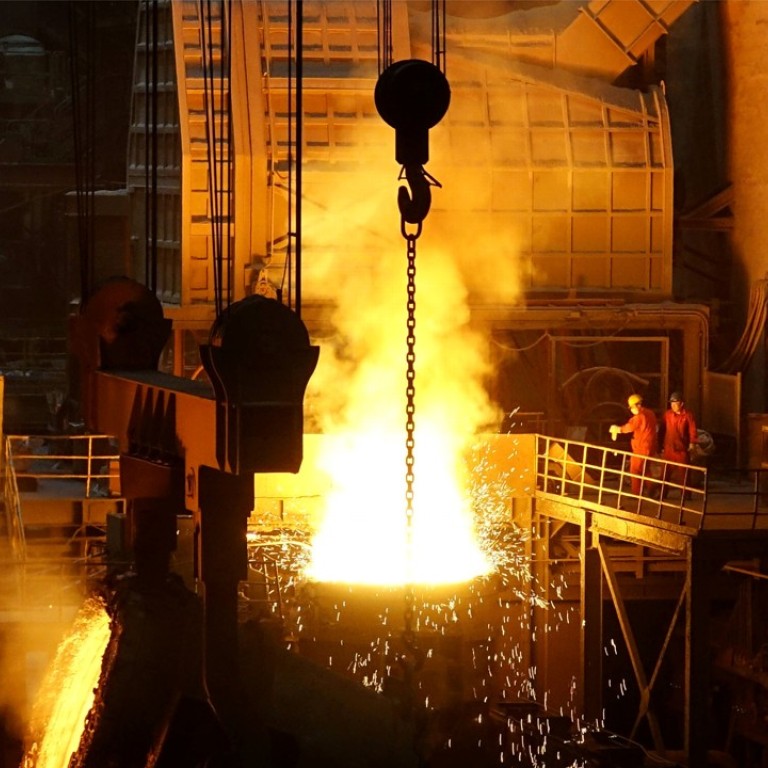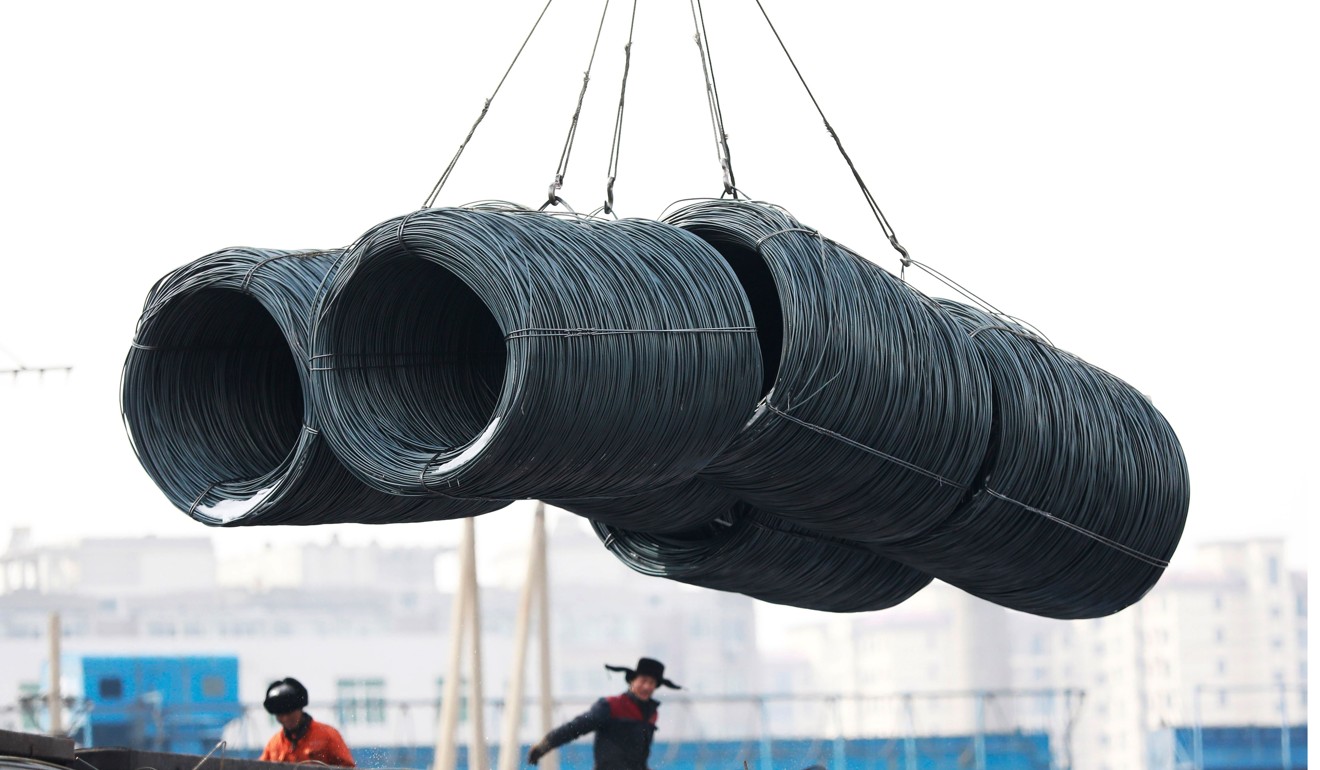
US and South Korea ‘very close’ to trade deal as Donald Trump’s metals tariffs begin, mainly aimed at China
‘We're going to have a wonderful deal with a wonderful ally,’ the US president said. ‘It was a deal that was causing a lot of problems for our country’
The US and South Korea are close to a resolution on trade disputes, US President Donald Trump said as his administration initiated punitive tariffs on steel and aluminium imports, part of an escalating trade war with China, which has begun retaliating.
“The deal with South Korea, according to [commerce secretary Wilbur] Ross and [US Trade Representative Robert] Lighthizer, is very close to being finished,” Trump said, referring to a revised bilateral trade pact known as Korus.
“And we're going to have a wonderful deal with a wonderful ally. We're getting very close to it. It was a deal that was causing a lot of problems for our country, in terms of employment and in terms of lots of other things,” Trump said at the White House.
The two sides are also nearing an agreement to exclude South Korea from the steel and aluminium tariffs, which went into effect Friday.
“We believe we are relatively close to a pretty comprehensive resolution with the South Korean government. It will encompass, if it goes through, both the [steel and aluminium tariffs] and broader trade issues, and we hope by sometime next week to be able to have a real announcement,” said Ross, who appeared with Trump.
Framed as a necessary step to safeguard national security, the metal tariffs have become more of an anti-China measure since US Trade Representative Robert Lighthizer has granted numerous exemptions to the tariff wall for other military allies, including Australia and members of the European Union.
Meanwhile, Trump administration officials and some lawmakers have blamed China for a global glut of steel and aluminium.

“There are economic and non-economic reasons that American politicians from both sides and the public are more receptive to being tough on China than being tough on Japan and Europe,” Shang-Jin Wei, senior scholar at the Jerome A. Chazen Institute for Global Business at Columbia Business School, told the South China Morning Post in an interview.
“Because China’s economy has become so large, the same level of competitiveness on a per-firm basis is a much bigger deal on a whole-economy basis” compared with other countries, said Wei, a former chief economist of the Asian Development Bank.
“And the ideological rivalry makes it an easier sell politically to target China.”
The imposition of a 25 per cent tariff on steel, a major property and infrastructure input, and a duty of 10 per cent on aluminium, widely used in aerospace and automotive products, is largely symbolic because the US imports far more of these metals from countries receiving exemptions.

For example, China accounted for only 2.9 per cent of US steel imports last year, compared with 9.7 per cent for South Korea.
Friday’s action follows Trump’s announcement a day earlier that the US will levy import tariffs amounting to about US$60 billion on products from China.
The move was part of Washington’s effort to fight Beijing’s government support for domestic tech players and cut long-standing trade deficits with its largest trading partner.
China’s commerce ministry said just hours afterward that Beijing would impose 15 per cent import tariffs on 120 types of US products, including fruit, wine and steel pipes, worth US$977 million.
It also plans to impose 25 per cent import levies on another eight categories of products worth US$2 billion, including pork and recycled aluminium.

